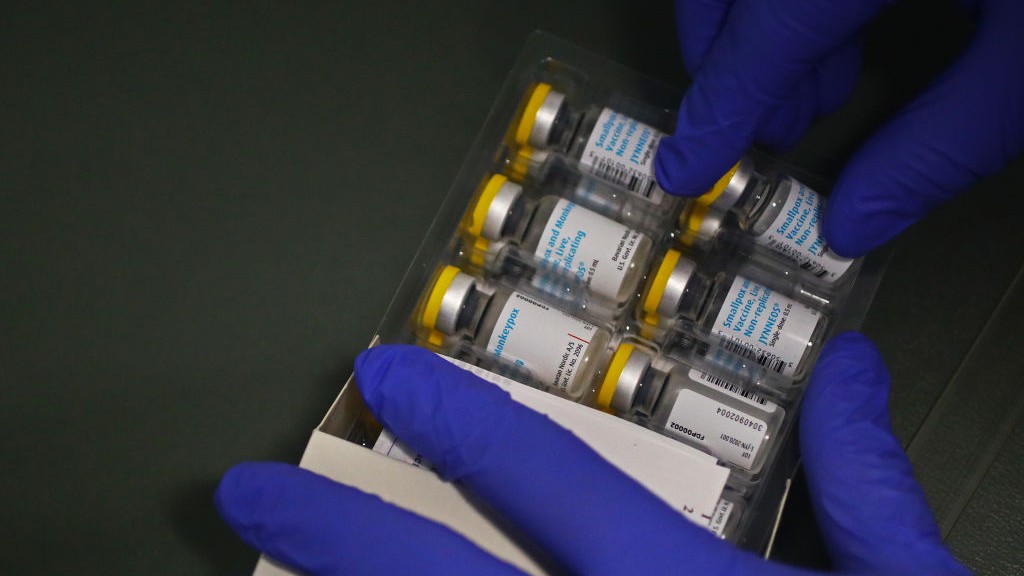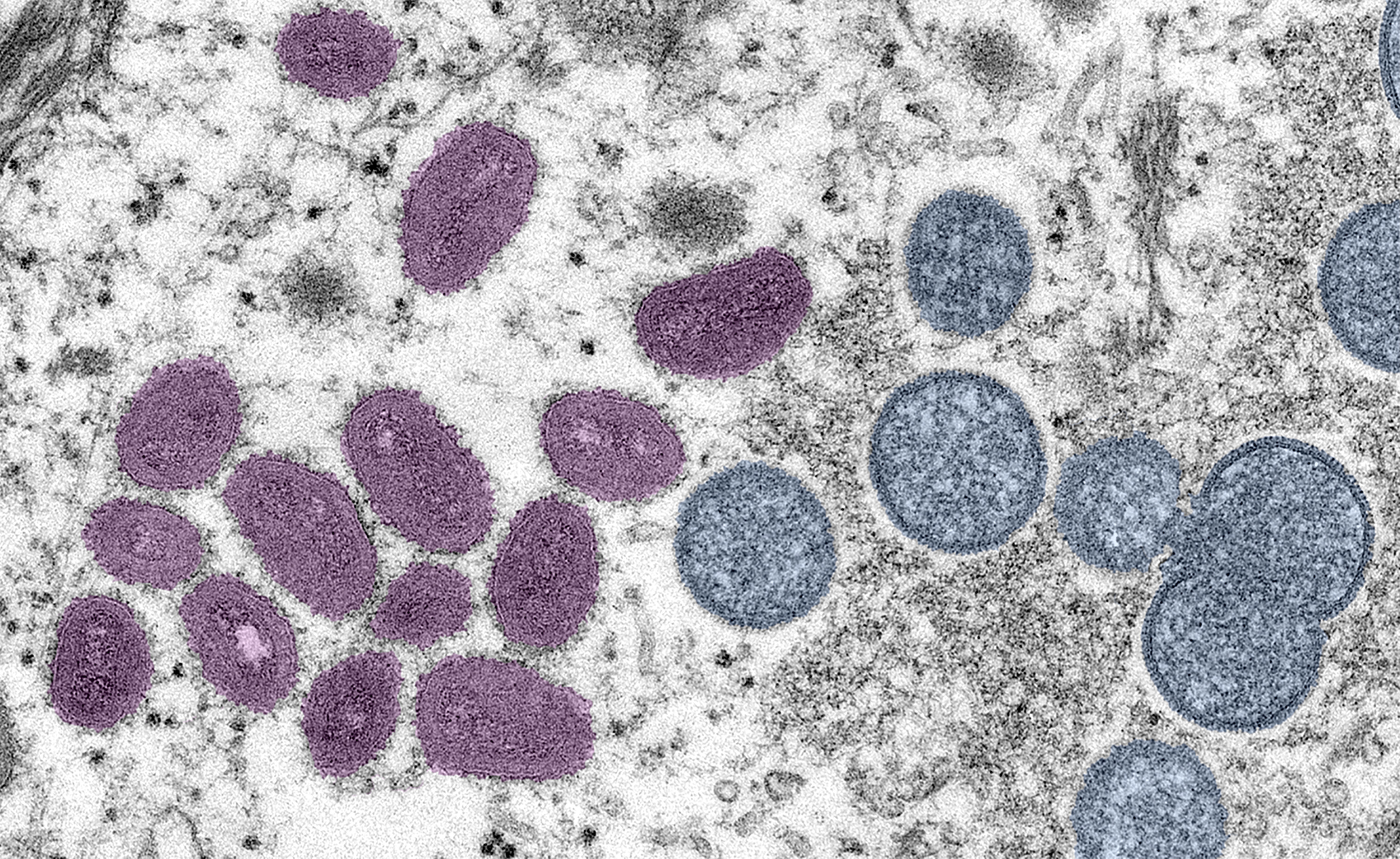The District is shifting its monkeypox vaccination strategy in an effort to slow the spread of the disease.
Health officials in Washington, D.C., sent notices that some appointments for a second dose of the monkeypox vaccine would be postponed so more people can deceive initial doses. Immunocompromised people are still due to receive a second shot as planned.
JYNNEOS is the only shot approved specifically to prevent monkeypox (although a second smallpox vaccine can be used), CNBC reported. It's typically administered in two doses given four weeks apart, according to the Centers for Disease Control and Prevention.
D.C. adopted the single-dose strategy because of the rapid increase of cases, plus the limited availability of the JYNNEOS vaccine, the DC Health notice said.
We're making it easier for you to find stories that matter with our new newsletter — The 4Front. Sign up here and get news that is important for you to your inbox.
DC Health says New York City, the United Kingdom and Canada have used this distribution strategy for monkeypox vaccines, and the change allowed health officials to issue 5,000 additional appointments over the weekend.
“This decision is based on the available scientific evidence that shows that a single dose of JYNNEOS provides effective protection against monkeypox for at least six months,” the DC Health notice said.
The District is confident that more doses will arrive within the next six months, a health official said at a Monday night town hall.
D.C. has the highest monkeypox infection rate per capita in the nation, health officials said last week.
At least 172 cases had been identified in D.C. as of Monday, according to DC health. There have been 87 in Maryland, according to the Centers for Disease Control and Prevention. Virginia had 72, according to the Virginia Department of Health.
Monkeypox vaccines in D.C. are currently open to residents who have had close contact with someone confirmed to have the disease; men or transgender women who have had sex with men; sex workers; and staff at establishments where sexual activity occurs.
Most known cases in D.C. so far involve gay or bisexual men, but doctors warn that the virus can affect anyone.
DC Health said, “it’s not uncommon for a disease to initially cluster within a specific population, and it in no way represents any fault by that population, and it is important that we do not stigmatize this community.”



